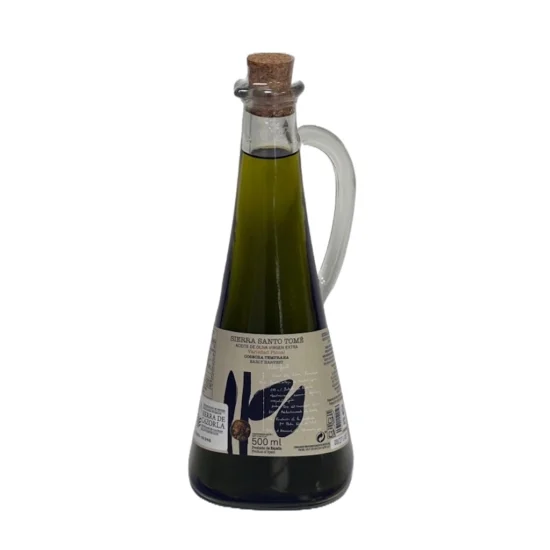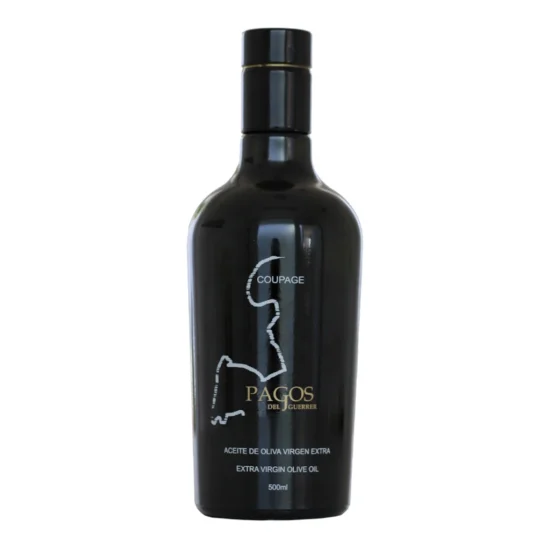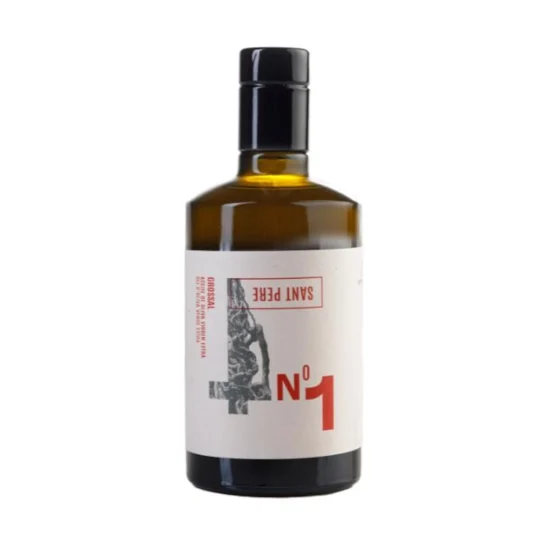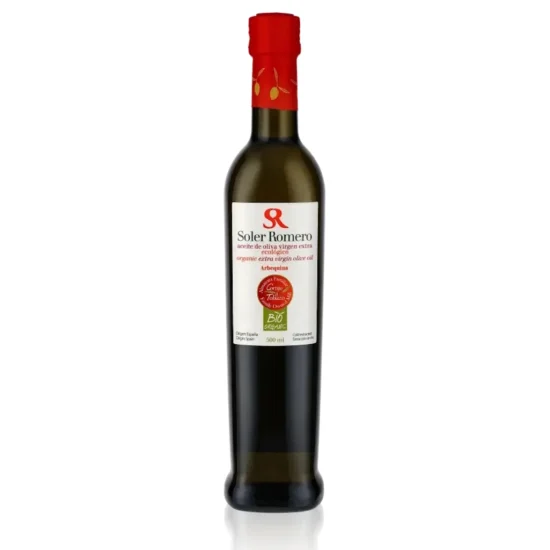According to new research, olive oil production may have antioxidant benefits and support physical activity. The study, led by nutrition researchers at Anglia Ruskin University (ARU) and published in the journal Nutrients, is the first to examine the benefits of natural olive water for athletes.
Olive water is a waste product produced during the production of olive oil. Olives contain polyphenols with antioxidant properties, and their water contains a number of phenolic compounds and is particularly rich in hydroxytyrosol.
The first study on the potential benefits for exercisers included 29 recreationally active participants who consumed the water or a flavor-matched placebo and appearance for 16 consecutive days and found positive effects on several key indicators of running performance.
In particular, wastewater consumption improved respiratory parameters at the start of exercise, as well as oxygen consumption and running economy at lower intensity levels (lactate threshold 1).
In contrast, respiratory parameters at higher intensity (lactate threshold 2) remained largely unaffected, but Perceived exertion (how hard participants thought they were working) was improved, as was significant recovery after incremental exercise.
Lead author Dr. Justin Roberts, Associate Professor of Nutrition for Health and Exercise at Anglia Ruskin University (ARU), said that to achieve similar benefits from olives, large quantities would need to be consumed daily, which is unrealistic, so it was decided to try concentrated olive effluent. In particular, this water, like olive oil, contains hydroxytyrosol.
In summary, 16 days of supplementation with this effluent could have a positive effect on aerobic exercise, especially at submaximal levels. Reduced oxygen consumption and improved running economy, as well as improvements in acute recovery, indicate that those who regularly engage in aerobic exercise may benefit.
However, further research is needed at Anglia Ruskin University to support these findings, and in particular to investigate whether this product can be used for marathon training and recovery and how to demonstrate its effectiveness in suppressing inflammation associated with exercise.
Important Note: aceitedelcampo.com promotes the consumption of extra virgin olive oil for its culinary qualities and health benefits. However, no medication or current treatment should be replaced without the guidance of a healthcare professional.




ALZAYT EXPORT SL
info@aceitedelcampo.com
C/ Eduardo Bosca 19, 2-5
46023 Valencia
Subscribe and receive a coupon by email for your next purchase.